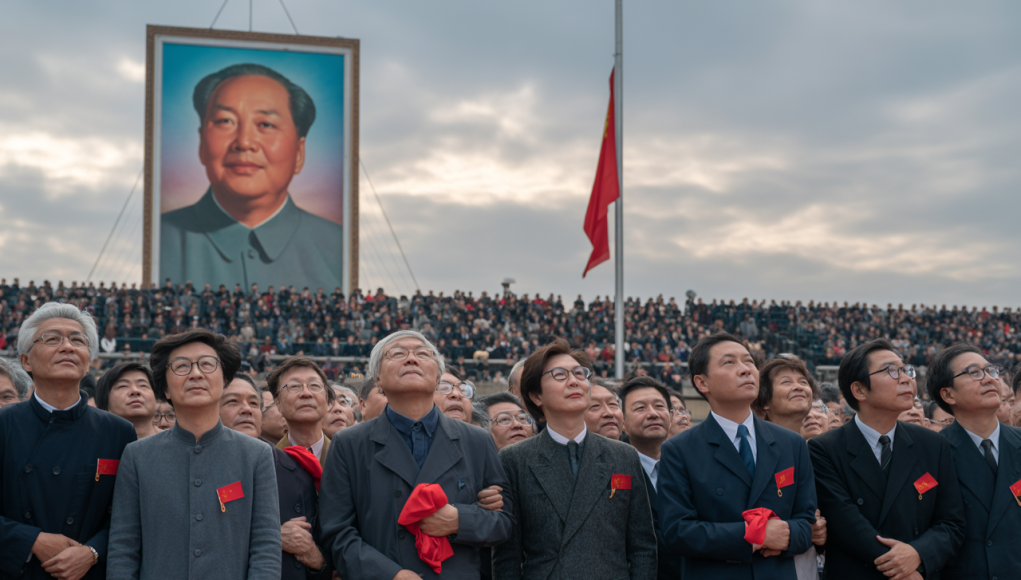On 9th September 1976, Chairman Mao Zedong, the founding leader of Communist China, passed away. His death marked the end of an era in Chinese politics and history. In 2025, this anniversary is remembered worldwide as a moment of reflection on his lasting legacy.
Death of Mao Zedong – Leader of Communist China in 1976
Historical Significance of Mao’s Death
Mao Zedong, the founding father of the People’s Republic of China, passed away on 9th September 1976. His death marked a turning point in Chinese history, ending decades of strict revolutionary leadership and opening the path for reform and modernization under future leaders.
Impact on China and the World
Mao’s leadership left a lasting imprint on China’s political system, ideology, and society. His campaigns such as the Great Leap Forward and the Cultural Revolution shaped the nation’s trajectory, while his death led to a significant shift toward economic reforms and new directions in governance.
Remembering Mao Zedong in 2025
- Memorial services and commemorations throughout China.
- Reflection on Mao’s role in transforming China into a strong, independent state.
- Continued debates on his legacy in historical and political discussions.
Frequently Asked Questions (FAQs)
When did Mao Zedong die?
Mao Zedong passed away on 9th September 1976 in Beijing, China.
Who was Mao Zedong?
Mao Zedong was the founding leader of the People’s Republic of China, established in 1949, and served as its Chairman until his death in 1976.
What was the significance of Mao’s death?
His death ended a major historical era in China, allowing for leadership transition and the beginning of reforms under Deng Xiaoping.
How is Mao Zedong remembered in China?
Mao is remembered as a revolutionary leader who unified China, though his policies remain debated due to both achievements and controversies.
How is the death anniversary observed in 2025?
In 2025, the anniversary marks 49 years since Mao’s passing, with memorial tributes, historical discussions, and cultural commemorations highlighting his role in modern Chinese history.












